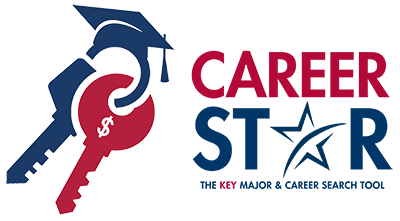Overview
-
Nine month program
-
Enter the workforce quickly
-
This certificate can be stacked and earned credits can be applied toward a Human Services AAS Degree: General Human Services Concentration.
-
Full program offered at
-
Human Services Department
-
Behavioral Skills
Program Pathway
| First Semester Courses | 16 Credits | |
|---|---|---|
| DAAC 1311 | Counseling Theories | 3 |
| DAAC 1417 | Basic Counseling Skills | 4 |
| DAAC 1319 | Substance-Related and Addictive Disorders | 3 |
| SCWK 1321 | Orientation to Social Services | 3 |
| EDUC 1300 | Learning Framework: 1st Year Experience | 3 |
| Second Semester Courses | 18 Credits | |
| CMSW 1353 | Family Intervention Strategies | 3 |
| CMSW 1341 | Behavior Modification with Cognitive Disorder | 3 |
| DAAC 2354 | Dynamics of Group Counseling | 3 |
| Elective | Technical1 | 3 |
| SCWK 2331 | Abnormal Behavior | 3 |
| DAAC 2360-or-SCWK 2386 | Clinical - Alcohol/Drug Counseling2-or-Internship - Social Work2 | 3 |
| Human Services Certificate Program Total | 34 Credits |
|---|---|
Program Details
The human services program provides the skills and competencies required for a variety of positions in the helping professions. Human service professionals work with people experiencing a wide range of problems, including those with developmental disabilities, individuals with mental health problems or disorders, people with substance abuse problems, clients with work- or educational-related issues, or those needing assistance with basic life need issues such as housing, food, and clothing. Human service professionals work with children, adults, groups, families and the elderly.
Human service professionals are motivated by helping others. Effective professionals are patient, have empathy and compassion for others, and enjoy giving of themselves and working with others. Human service professionals should also be able to manage their time well and possess effective communication skills. Because of the nature of the work in this field, professionals should be mature, stable and dependable.
Students with a degree in human services work in a number of capacities and jobs, including case managers or case workers, counselors, advocates, and prevention or education specialists. Many graduates work one-on-one with clients in direct care positions, while others work behind the scenes or in administrative or management positions. Human service professionals work in government- or state-funded agencies, in non-profit agencies, in residential treatment programs and hospitals, and in private offices or agencies.
- Note: Some placement sites required student to successfully pass a background check and drug screen.
The general education core will transfer to a variety of colleges and universities. Contact a counselor or faculty member at any of the colleges for specific information and to obtain the recommended sequencing of courses.
For careers and median salaries, visit Career Star for more information.

Get Started
You have questions, we have answers.
Please contact Glen Killian at Glen.H.Killian@LoneStar.edu or call 866.370.9068 for more information.
Have questions that can't wait?
Human Services Department
"I love this school. They have given me a new outlook on my career and I would not change anything for the world."
STACEY B.
